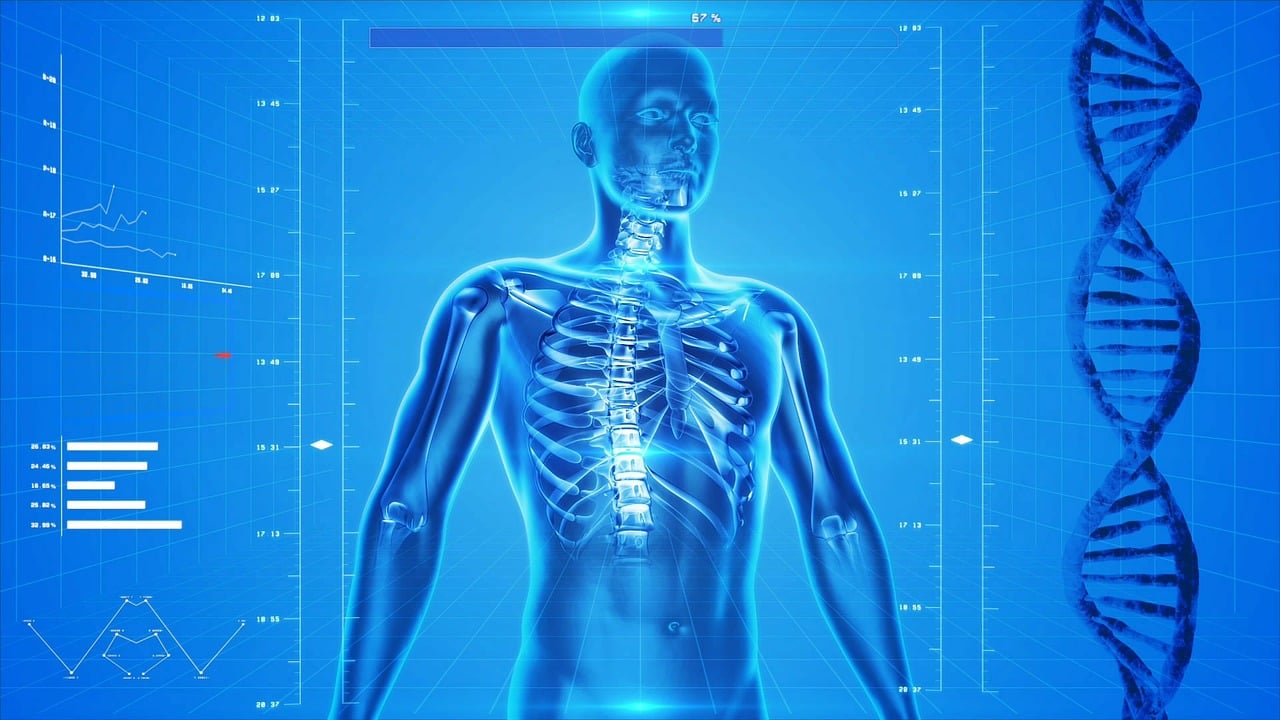
Healthcare is on the brink of a technological revolution.
According to Aashima Gupta, Global Director of Healthcare Solutions at Google Cloud, generative AI (genAI) will transform the industry by 2025. With predictions highlighting advancements in patient care, cybersecurity, and operational efficiency, the sector is poised for unprecedented change.
Key advancements to watch
One of the most anticipated developments is the integration of multimodal AI, which processes diverse data formats such as images, text, and audio. This technology promises to enhance diagnostic accuracy and enable personalized treatments by synthesizing data from various sources. Bayer is already using this technology to enhance radiology insights.
Another game-changer is the rise of AI agents for automating administrative tasks. These virtual tools will handle back-office operations, allowing healthcare professionals to focus on patient care. However, human oversight will remain critical to ensure quality and safety.
Patients can also expect a more seamless experience through omni-channel strategies. Platforms like chatbots will enable personalized care by managing patient schedules, answering questions, and providing reminders for follow-ups.
Addressing security challenges
As healthcare becomes more dependent on digital tools, cybersecurity becomes a top concern. Cyberattacks targeting medical institutions have been rising, making the need for robust defenses crucial. Gen AI provides these threat actors with advanced capabilities, but it can also help detect and mitigate these threats.
“Fraud and anomaly detection require you to crunch a massive amount of data in real-time to establish a relationship between data points that may not be obviously connected,” said Luis Uguina, Chief Digital Officer at Macquarie Bank. “We know that the bad actors are also learning to use gen AI, so we continue to find ways to apply it to safeguard us and our customers.”
A collaborative future
Despite the promise of genAI, successful implementation will require partnerships between technology providers and healthcare organizations. Combined efforts from major players like Microsoft and Nvidia, along with smaller startups, are necessary to foster innovation. As Gupta put it, “Healthcare is too complex to tackle alone—collaboration will be the cornerstone of progress.”
Generative AI’s impact on healthcare is part of a larger trend toward digital transformation. By 2025, the convergence of technologies such as machine learning and predictive analytics will likely redefine how providers deliver care. A Google Cloud survey reveals that 62% of healthcare and life sciences executives have already moved genAI use cases into production. Additionally, 74% reported returns on investment (ROI) for at least one use case.
“It’s no surprise that organizations are seeing these revenue gains. In the long term, I expect even greater returns as the industry explores use cases that really change business models,” said Christoph Rabenseifner, Managing Director of Technology, Data, and Innovation at Deutsche Bank.
With billions being invested and rapid advancements underway, genAI is set to become an integral part of healthcare, driving efficiency, improving patient outcomes, and safeguarding critical data.






















